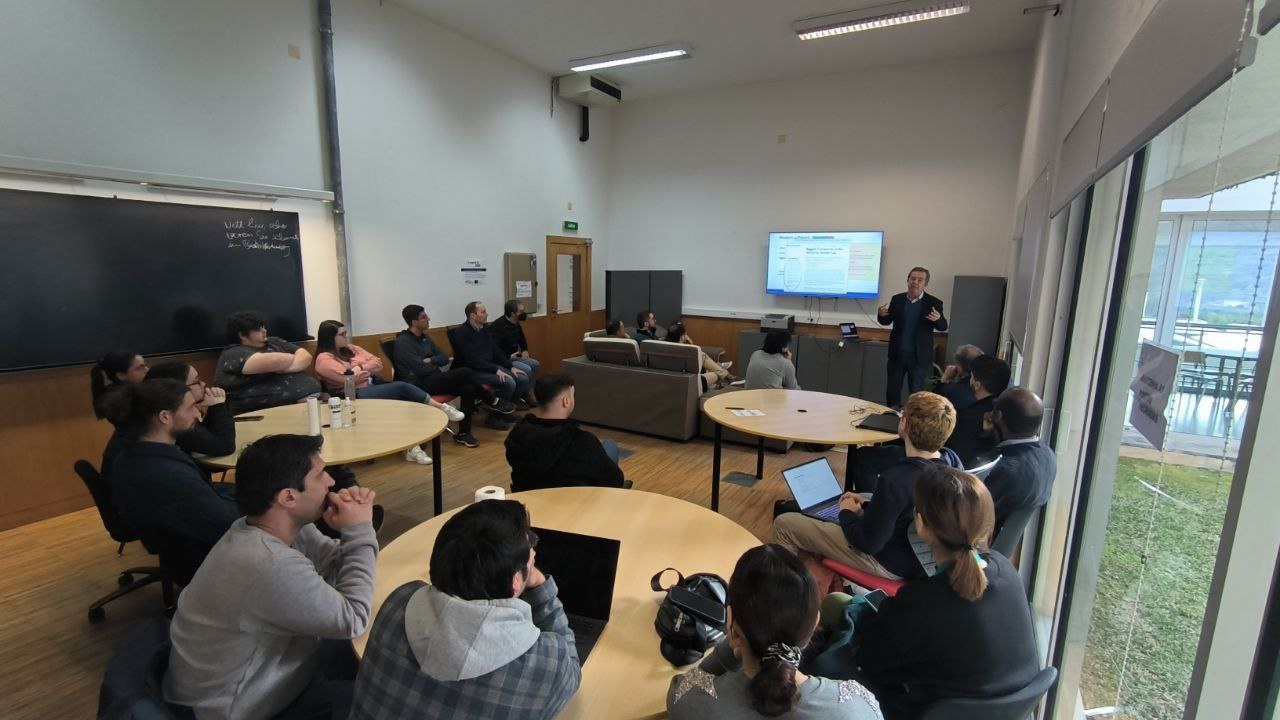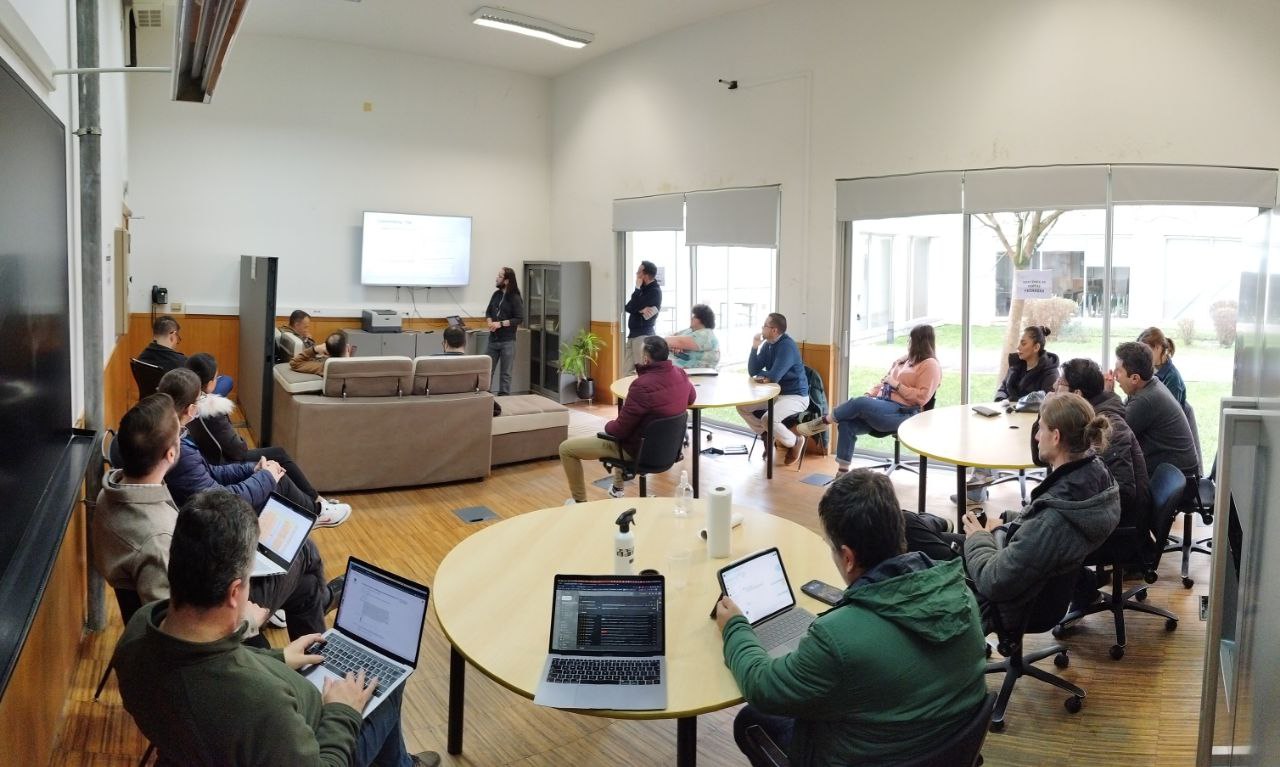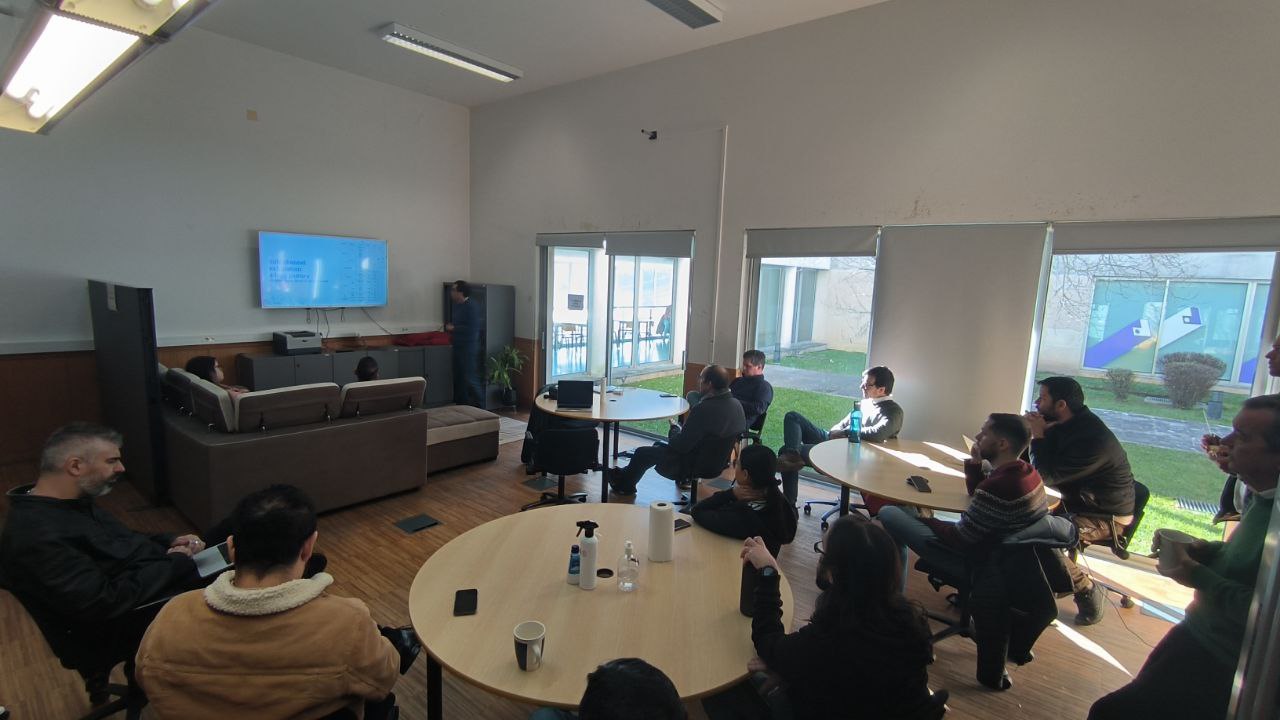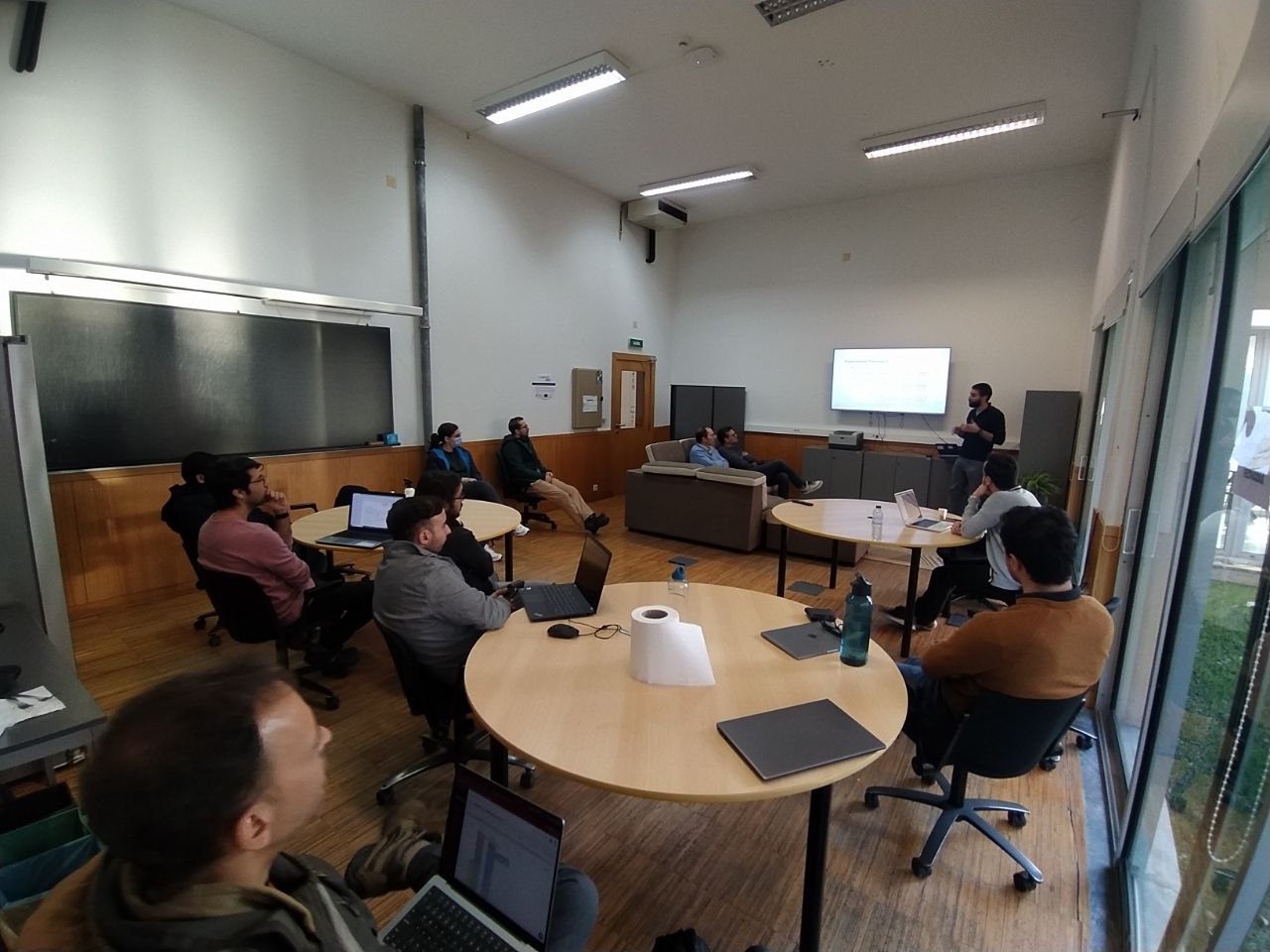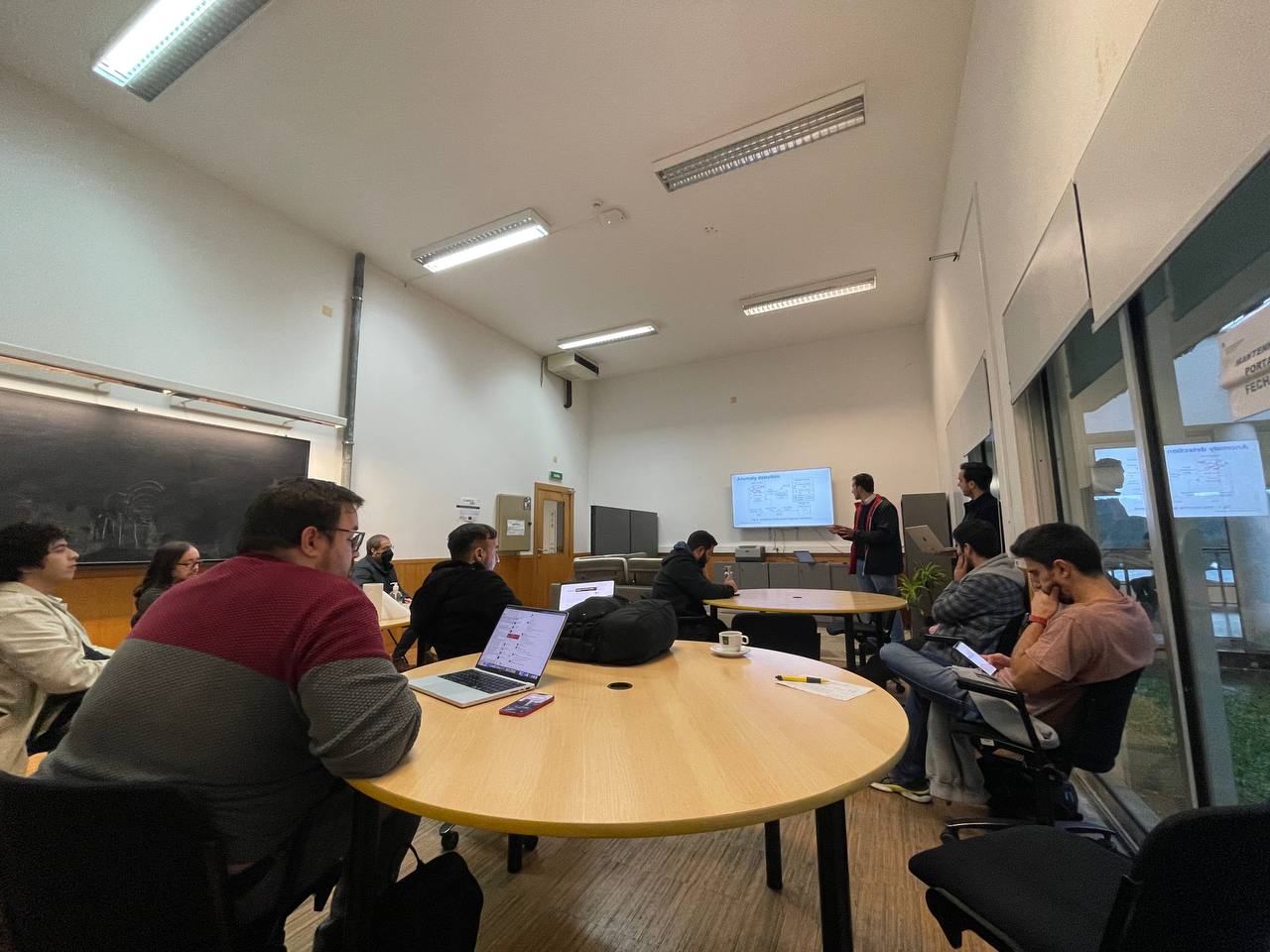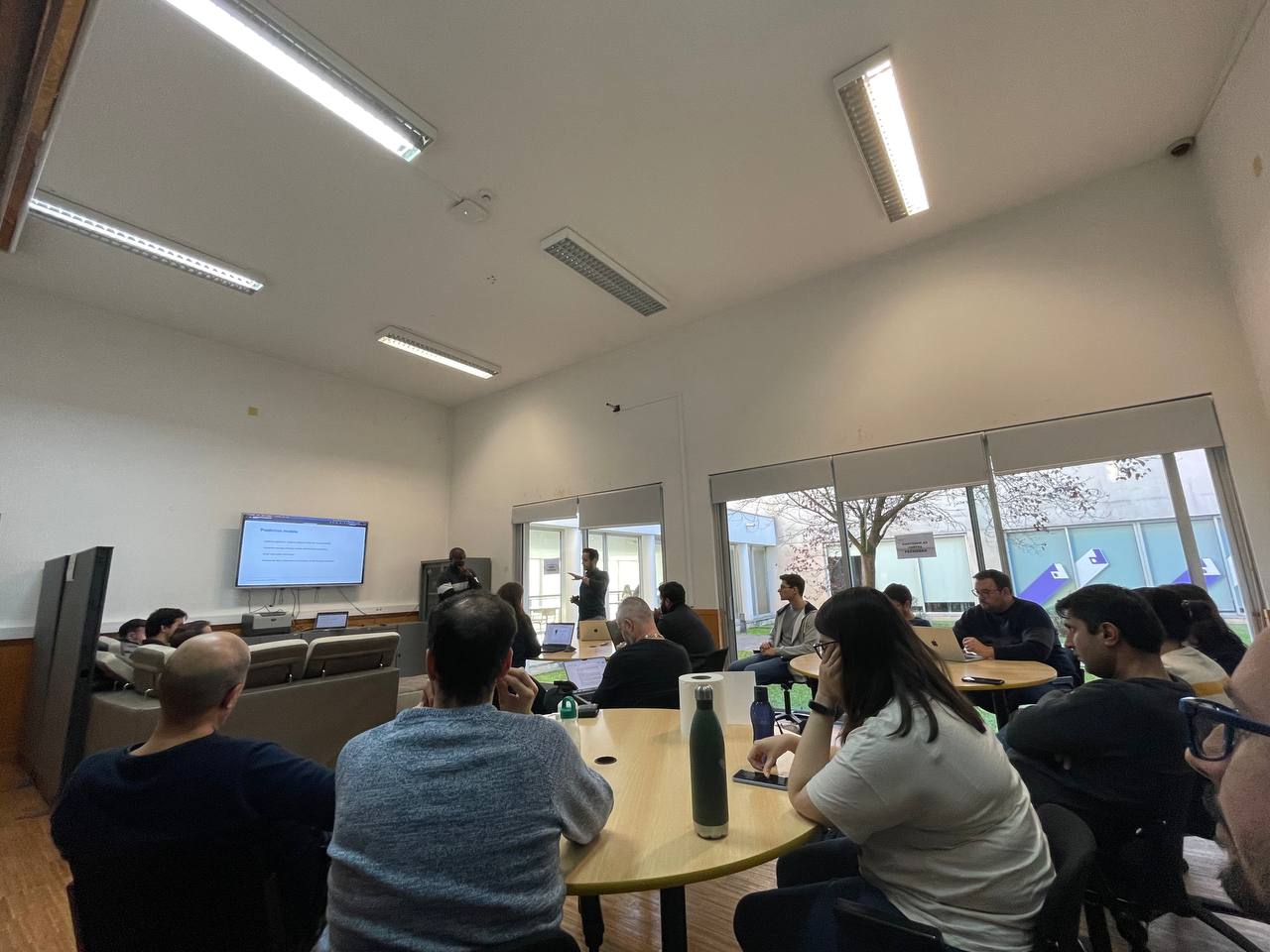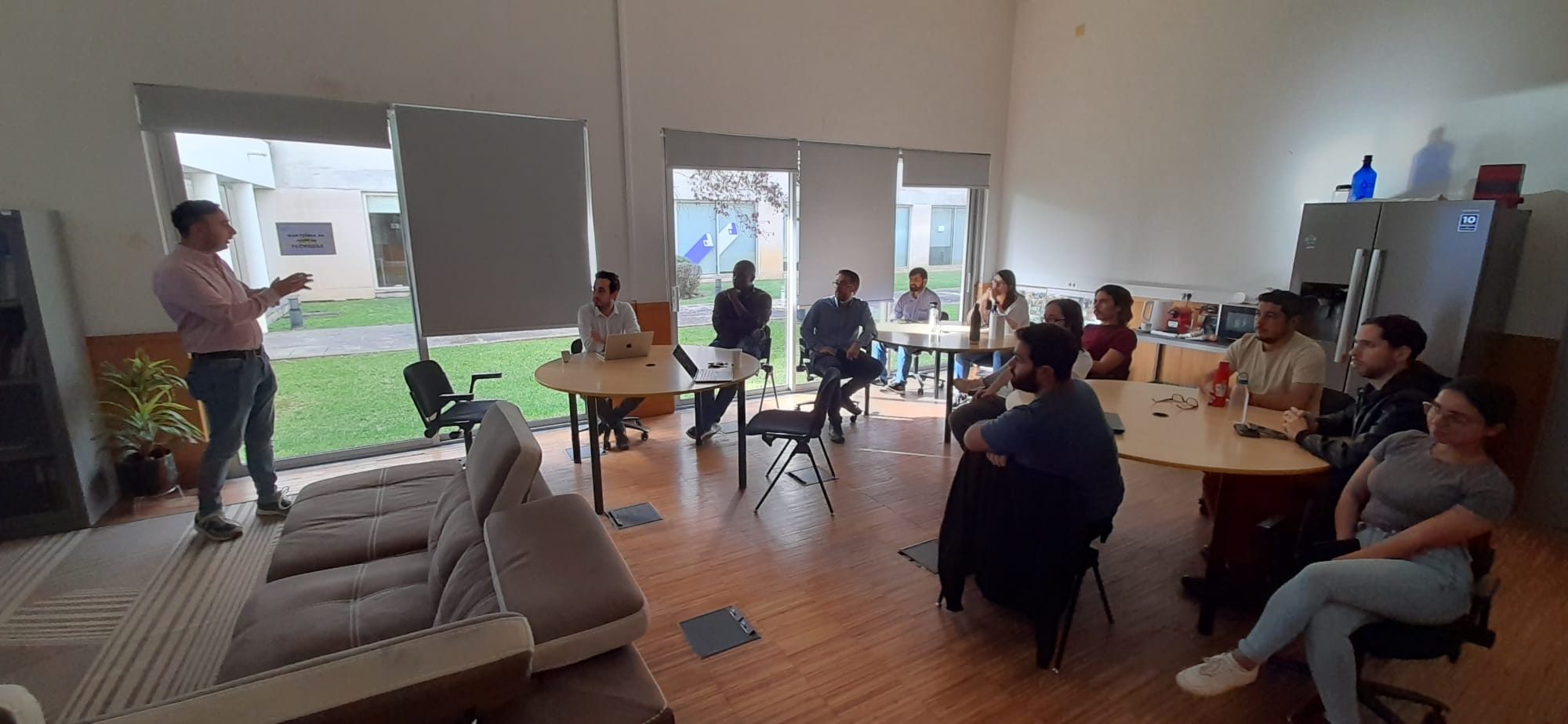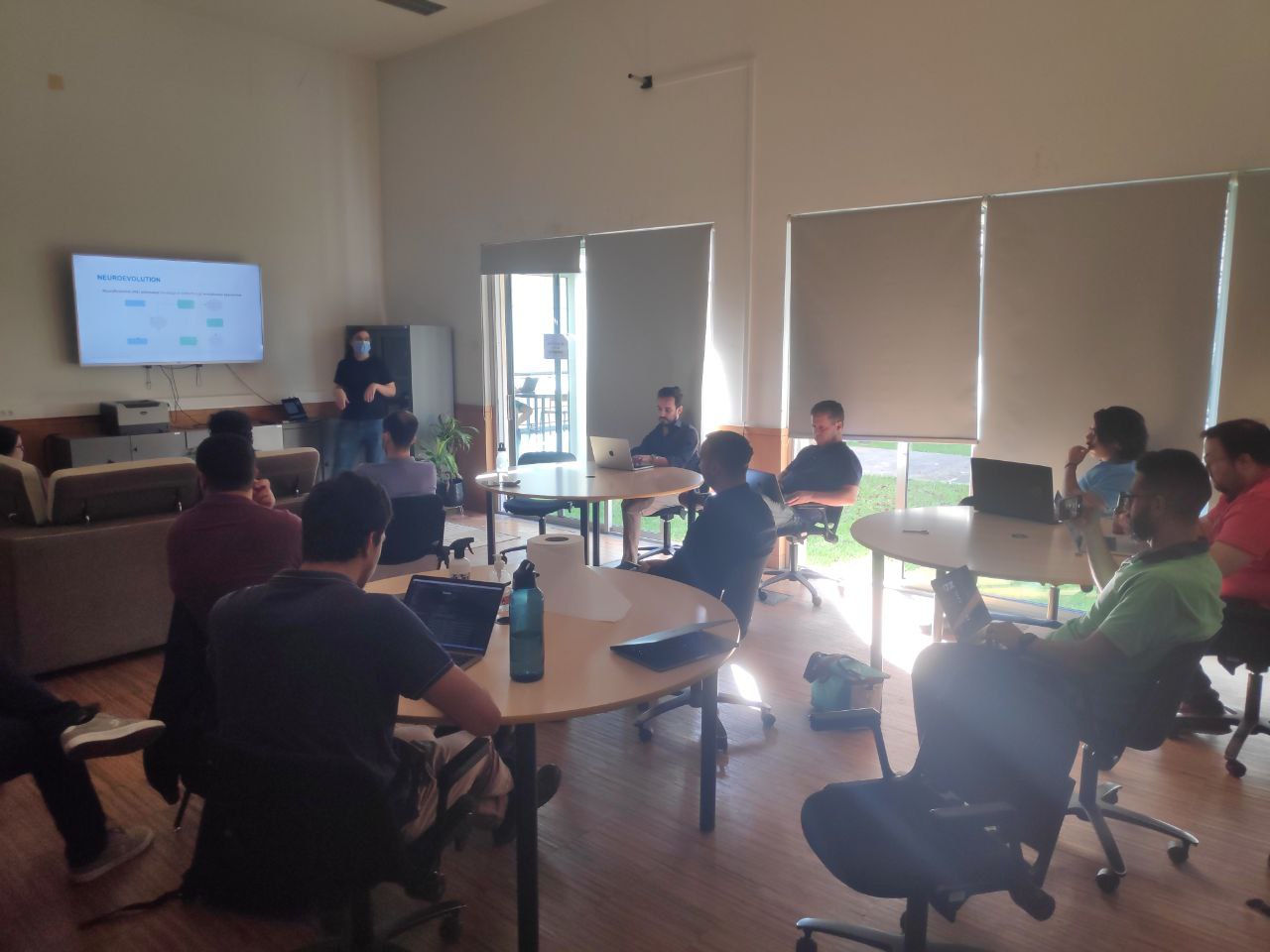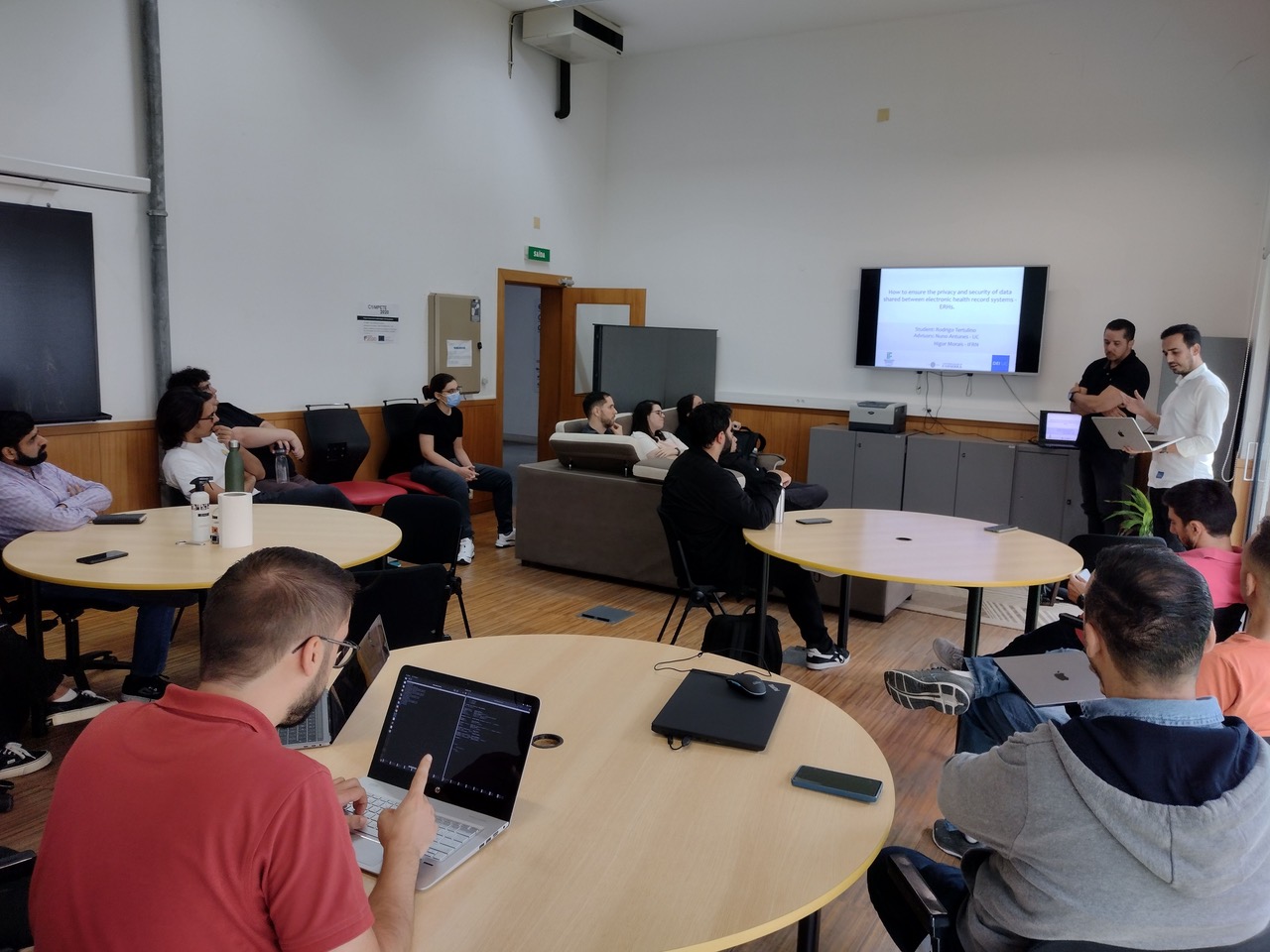22nd of February, at 16h00, Henrique Madeira will give a presentation entitled“How neuroscience and artificial intelligence are radically changing the software engineering field: two examples of new tools”
Location: G4.1
Bio
Henrique Madeira is full professor at the University of Coimbra, where he has been involved in the research on dependable computing since 1989. His main research interests focus on experimental evaluation of dependable computing systems, including security evaluation and benchmarking, fault injection techniques and error detection mechanisms. His recent research projects involve two research directions: a) Assured AI, focusing on providing safety and security guaranties in critical applications that use AI and b) human factors in software engineering, particularly on the use of biometrics to improve software quality. He has coordinated or participated in dozens of projects and was the Vice-Chair of the IFIP Working Group 10.4 Special Interest Group (SIG) on Dependability Benchmarking. Henrique Madeira has served as Head of the Department of Informatics Engineering at University of Coimbra from 2002-2004, President of the Centre for Informatics and Systems of University of Coimbra from 2006-2008, and Head of the Scientific Council of the Department of Informatics Engineering at University of Coimbra from 2005-2006. Henrique Madeira was a founding member of the spin-off company Critical Software SA.
Abstract
Software development is an intellectually demanding task. The high complexity of software, particularly code complexity, is traditionally considered the main contributing factor to software reliability issues. Complex code is hard to test, difficult to comprehend by programmers, and hence difficult to maintain. The result is that software defects (i.e., bugs) persist a the most enduring and hard to solve problem of the software industry. Unreliable software represents a huge cost for the society.
Since software bugs are the result of human errors, a recent research trend has emerged using neuroscience to identify the brain mechanisms involved in software error making/discovery, and the correlated psychophysiological manifestations that can be captured by wearable and non-intrusive devices (e.g., bracelets and smart watches). This has the potential to create a radically new neuroscience-enabled technology to assist software developers with the identification of conditions that may cause programmers making software faults or bugs escaping to human attention. Although this research line is relatively new, the number of works in recent year has exploded.
This talk addresses the recent advances in this interdisciplinary area and describes some of the most recent experimental results and corresponding neuroscience-enabled tools that can help software programmers to reduce the number of bugs in software products.

